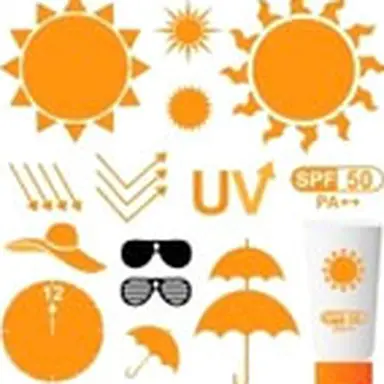
This has been true for a few years now: a whole series of questions arises when choosing our sunscreen products. Are synthetic anti-UV filters harmful to health? Do organic sunscreens contain nanoparticles? Is the cream SPF really as high as what is claimed on the label? How can we recognize the right product, the one that will allow us to get tanned in total peace, while protecting our skin from the damaging effects of UV rays? Item by item, Cosmetic OBS re-establishes the terms of the debate, and provides the answers to help you choose – and recommend – the right sunscreen product, such an essential cosmetic product, without making any mistake.
First of all, especially before getting into any detail regarding the doubts and questions surrounding the composition of sunscreen products, it is imperative to provide an answer to a very first question, and without any ambiguity, because this question alone justifies lingering on each point of the discussion.
Are sunscreen products indispensable?
We can often hear this question, which involves another obvious one: “Isn’t the protection provided by a sunscreen product more harmful than the sun itself?”
Let’s make it clear right now: YES, an adapted sunscreen product is indispensable in case of exposure, especially if it is prolonged (longer than 10 to 15 minutes) and repeated (in summer, on holidays, on a daily basis for outdoor workers…).
And NO, no matter what the product contains (we did say,
no matter
what the product contains), it is not more harmful, and still preferable to the damaging effects of UV rays. Experts at Cosmetic OBS really think it is better to use a “bad” product than none when staying in the sun.
Harmful effects in the short term (sunburns on the skin), in the medium term (premature skin ageing), and maybe especially in the long term (the increasing development of melanomas, …













